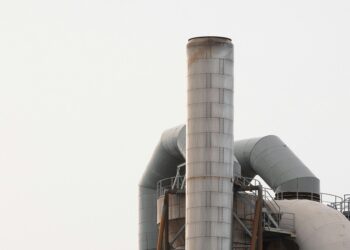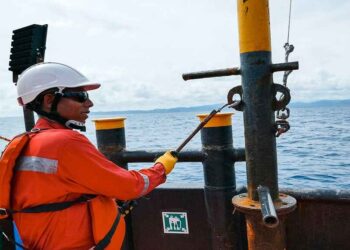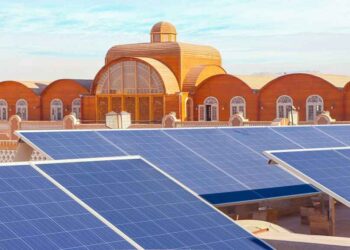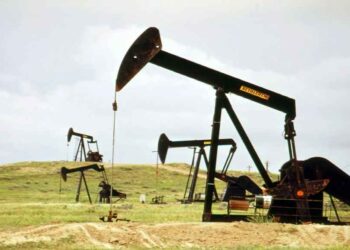Indonesia has lowered its upstream oil and gas investment target by 15 percent this year amid continued global economic pressures on the commodities.
The Upstream Oil and Gas Special Regulatory Taskforce (SKK Migas) announced Thursday a revised investment target of US$11.8 billion, down from the initial $13.8 billion. As of May, investments reached around one third of the revised target.
“SKK Migas will execute multiple strategies to maximize upstream investment,” said SKK Migas head Dwi Soetjipto in a statement, citing strategies such as cost efficiency, data openness and administrative streamlining.
SKK Migas’s revised target, however, remains 3 percent higher than realized investments last year, when funding reached $11.49 billion, task force data show.
Read also: SKK Migas lowers oil and gas targets, seeks fiscal stimulus
Indonesia is more optimistic than the International Energy Agency (IEA), which recently published a report that projects global upstream oil and gas investments to drop 33 percent to $322 billion this year, compared to last year.
“The shale industry was already under pressure, and investor confidence and access to capital has now dried up,” wrote the IEA in a statement on May 27, referring to the shale oil industry, which has seen rapid investment growth over the past 20 years.
Global oil and gas prices collapsed in the second quarter after many countries, including Indonesia, rolled out lockdowns that curbed economic activity in order to contain the spread of COVID-19.
A case in point, global crude oil prices, indicated by international benchmark Brent prices, closed at $41.73 per barrel on Wednesday, higher than in April, but still below pre-COVID-19 levels, Bloomberg data show.
Prices slightly recovered after oil producing countries, also known as OPEC+, executed a production cut of 9.7 million barrels per day (bpd) between May and June. The countries recently agreed to extend the cut until July.
Energy consultancy Wood Mackenzie expects global oil demand and prices to continue rising into the third quarter, but not to the same levels as last year, said the company’s vice president of macro oils, Ann-Louise Hittle, in a statement on June 6.
“Our forecast assumes that the global shutdowns continue to ease. Should a second wave of the coronavirus pandemic emerge, the picture will undoubtedly change,” she said.
SKK Migas previously revised down its oil production target by 4 percent to 725,000 bpd. The task force also lowered its gas production target by 14.2 percent to 5,727 million metric standard cubic feet per day (mmscfd), due to similar economic pressures.
It also expects upstream oil and gas revenue to be 38 percent lower than expected at $19.96 billion, assuming that the Indonesian Crude Price (ICP) – as projected by the Finance Ministry – averages $38 per barrel this year.
Due to falling revenue, Indonesia’s non-tax state revenue from the oil and gas industry is projected to reach only $6.7 billion, 53.7 percent lower than initial expectations.
“We are dealing with falling oil prices and a weak rupiah,” said Dwi Soetjipto in a video conference in April. “We are also struggling to tackle the spread of COVID-19.”



















































